After Tuesday's Supreme Court hearings on marriage equality, the lawyer for the side that wants to keep marriage bans in place is optimistic because of what he says are "three key justices that made comments that you should pay attention to."
During a news conference after the hearing on Tuesday, John Bursch appeared to be counting the usual conservative justices in his column -- Antonin Scalia, Samuel Alito, and Clarence Thomas. And he claims questions by justices Anthony Kennedy, John Roberts, and even the more liberal Stephen Breyer, put all of their votes in play.
Here's what those justices said that caught Bursch's attention.
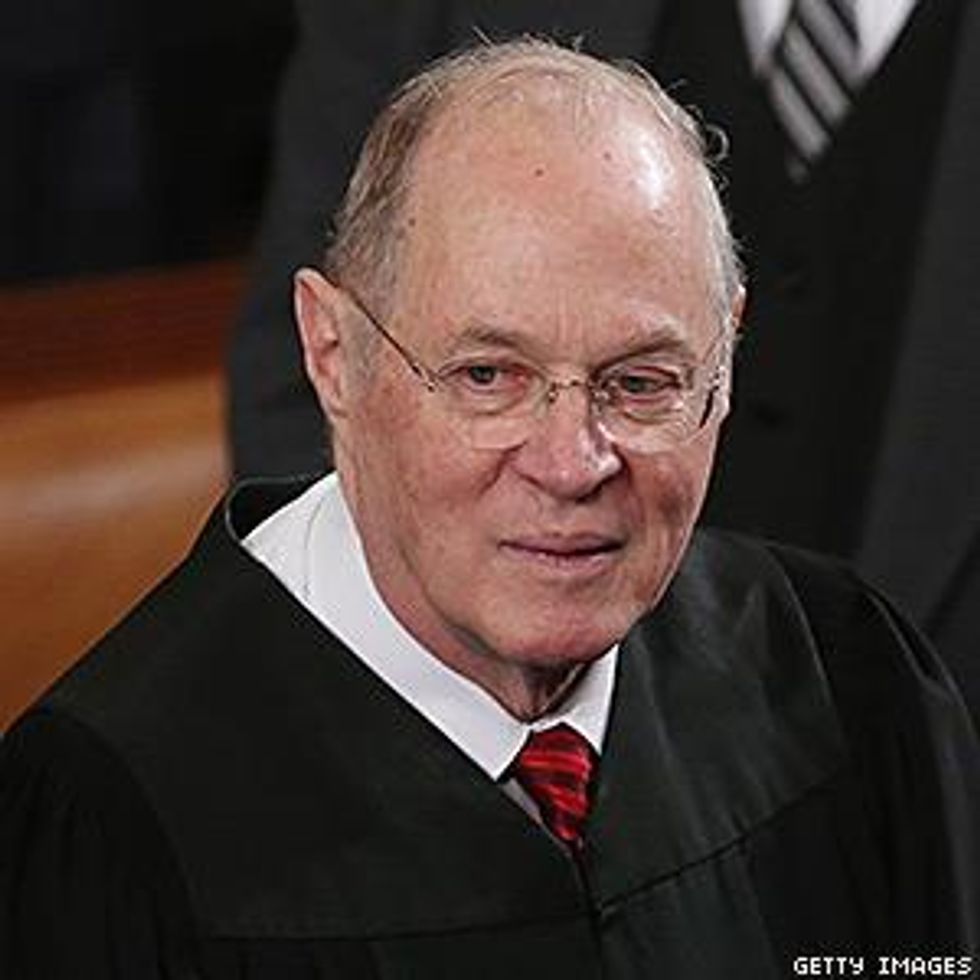
"When you think about these cases, you think about words, or cases, and the word that keeps coming back to me in this case is "millennia," plus "time." First of all, there has not been really time, so the respondents say, for the federal system to engage in this debate, the separate states. But on a larger scale, it was about the same time between Brown and Loving as between Lawrence and this case. It's about 10 years. And so there's time for the scholars and the commentators and the bar and the public to engage in it. But still, 10 years is -- I don't even know how to count the decimals when we talk about millennia. This definition has been with us for millennia. And it's very difficult for the court to say, oh, well, we we know better."
The media has certainly glommed onto that quote, which echoes themes often advanced by the Religious Right. They say the LGBT rights movement wants to "redefine" marriage. And Justice Alito was quick with a follow-up question that doubled down on the point. He asked, "How do you account for the fact that, as far as I'm aware, until the end of the 20th century, there never was a nation or a culture that recognized marriage between two people of the same sex?"
The derailment away from American law and into ancient times seemed to bother Bonauto, who said bluntly, "I don't know what other societies assumed." She explained that when it comes to American law and probably for other societies, "I do believe that times can blind and it takes time to see stereotypes and to see the common humanity of people who had once been ignored or excluded."
It was actually Justice Ginsburg who took on most directly this notion that marriage has always been intended for straight couples.
"You wouldn't be asking for this relief if the law of marriage was what it was a millennium ago," she observed of Bonauto and the plaintiffs. "I mean, it wasn't possible. Same-sex unions would not have opted into the pattern of marriage, which was a relationship, a dominant and a subordinate relationship. Yes, it was marriage between a man and a woman, but the man decided where the couple would be domiciled; it was her obligation to follow him. There was a change in the institution of marriage to make it egalitarian when it wasn't egalitarian. And same-sex unions wouldn't fit into what marriage was once."
Ginsburg may be noting that if the justices are limited by what happened millennia ago, then things would be a lot different for women, and for same-sex couples.
The bottom line, as Bonauto explained to Kennedy:"The American people have been debating and discussing this" for a very long time. She noted that marriage equality first became legal in Massachusetts 10 years ago, but the first case to reach the Supreme Court on marriage was the Baker case in the 1970s. "The place of gay people in in our civic society is something that has been contested for more than a century," she said. It wasn't invented 10 years ago.
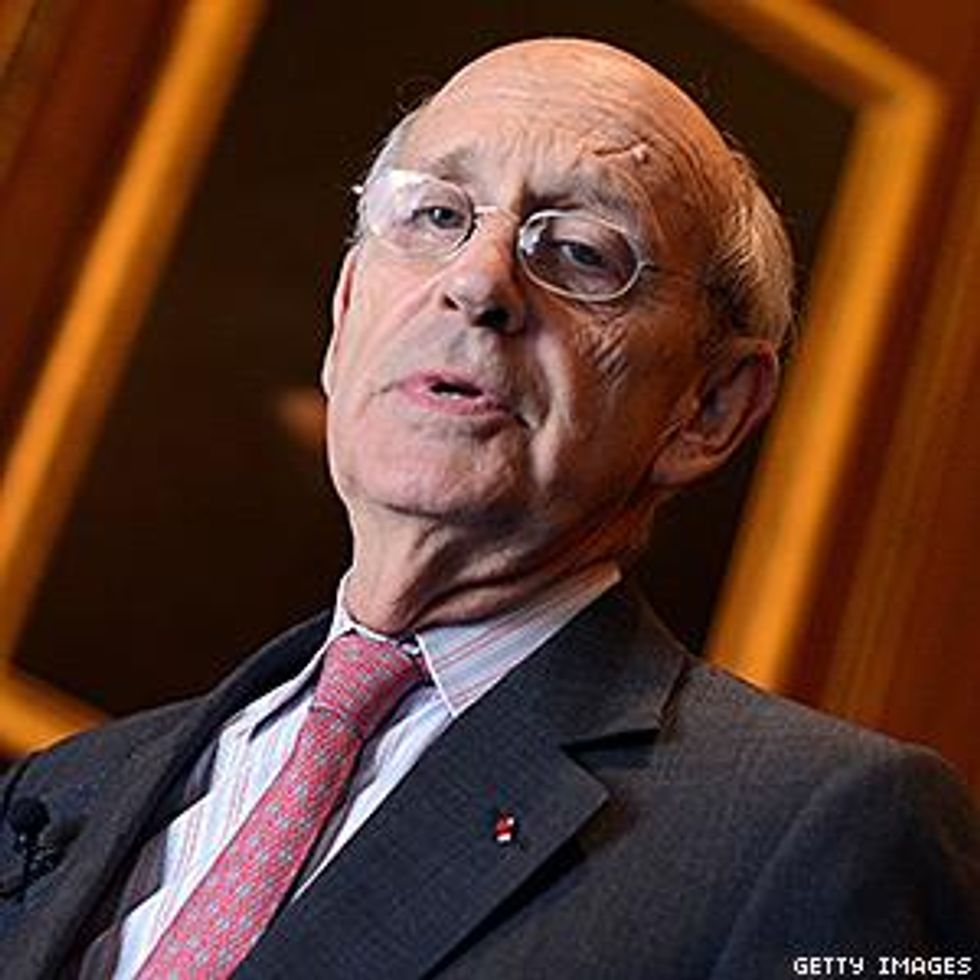
"I would like to hear the precise answer to the question you've been asked several times. And to me, it takes the form: the opposite view has been the law everywhere for thousands of years, among people who were not discriminating, even against gay people. And suddenly you want nine people outside the ballot box to require states that don't want to do it to change... what marriage is to include gay people. Why cannot those states at least wait and see whether in fact doing so in the other states is or is not harmful to marriage? Now, that same question has been put in many, many ways in the briefs on our subject. You've received it in three or four different ways. I would like to know, so I can hear and understand it, just what your response is."
Why can't we just wait? Activists have made the case in the past that waiting comes with immediate consequences for same-sex couples, who suffer while society works things out. "I do think the effect of waiting is not neutral," Bonauto replied. "It does consign same-sex couples to this outlier status, and there will be profound consequences that follow from that."
Bonauto went on to use the Loving v. Virginia case on interracial marriage to point out that waiting would have been wrong in that case, though some called for it at the time.
"Even if race was not used as a basis for discriminating in every single state as a matter of law by criminal law and constitutional law, it was incredibly pervasive," Bonauto explained. She noted that "Virginia resisted in the Loving case, resisted and said please, wait and see," and meanwhile "80 percent of the American public was with Virginia on that. But again, it was the question of the individual liberty of the person to do something that was considered a profound change in its time."
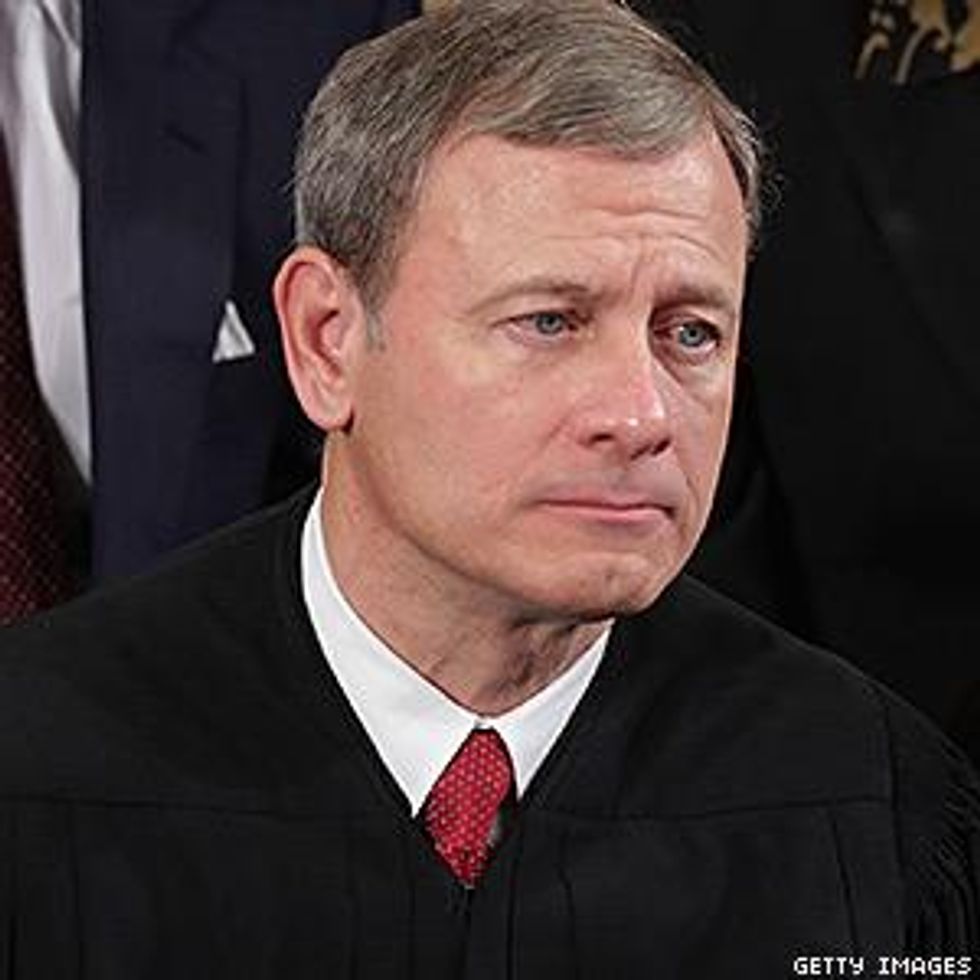
"The consequences of waiting are not neutral. On the other hand, one of the things that's truly extraordinary about this whole issue is how quickly has been the acceptance of your position across broad elements of society. I don't know what the latest opinion polls show. The situation in Maine, I think, is -- is characteristic. In 2009, I guess it was by referendum, whatever, they banned gay marriage. In 2012, they enacted it as law. I mean, that sort of quick change has been a characteristic of this debate, but if you prevail here, there will be no more debate. I mean, closing of debate can close minds, and -- and it will have a consequence on how this new institution is accepted. People feel very differently about something if they have a chance to vote on it than if it's imposed on them by the courts."
Justice Scalia is certainly on board with the notion the court should remain on the sidelines. "The issue, of course, is not whether there should be same-sex marriage, but who should decide the point," said Scalia.
And even Justice Ginsburg has said before publicly that she worried the court would interject itself too soon with a national decision. But she changed her tune in recent months, signaling now is the time.
"The change in people's attitudes on that issue has been enormous," Ginsburg told Bloomberg Business in February. "In recent years, people have said, 'This is the way I am.' And others looked around, and we discovered it's our next-door neighbor -- we're very fond of them. Or it's our child's best friend, or even our child. I think that as more and more people came out and said that 'this is who I am,' the rest of us recognized that they are one of us."
This isn't the first time that Justice Roberts has remarked on the relative speed with which LGBT equality has spread and wondered whether things will work themselves out on their own. "As far as I can tell, political figures are falling over themselves to endorse your side of the case," he told Edith Windsor's attorney, Roberta Kaplan, during the 2013 hearing on the case that ultimately struck down a section of the federal Defense of Marriage Acy. Kaplan had one of her most poignant responses, insisting change didn't happen because of LGBT political power but because of "a moral understanding today that gay people are no different." In the end, Roberts sided against Windsor.
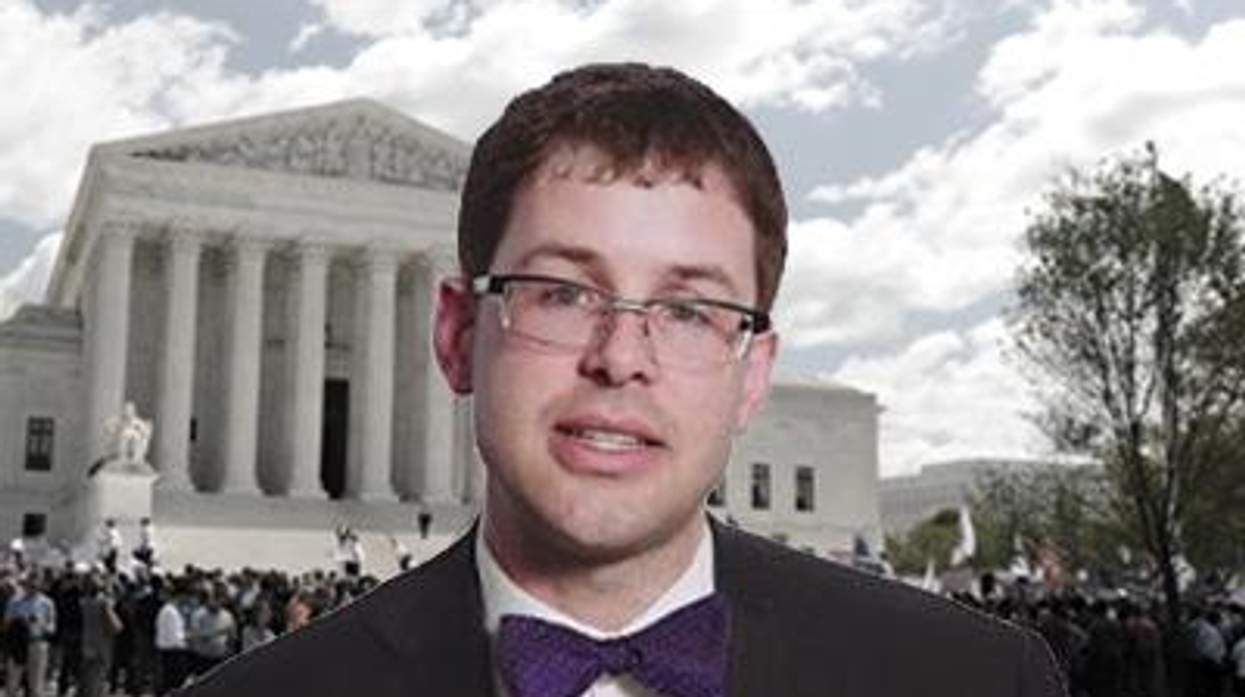




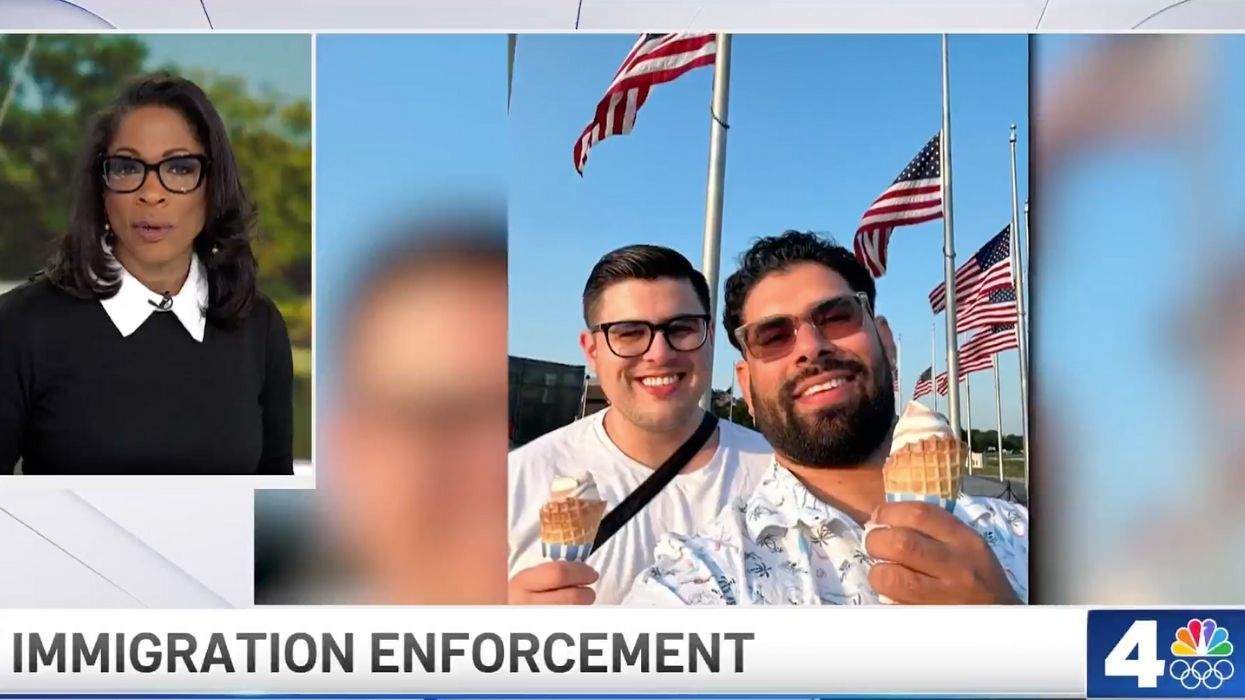
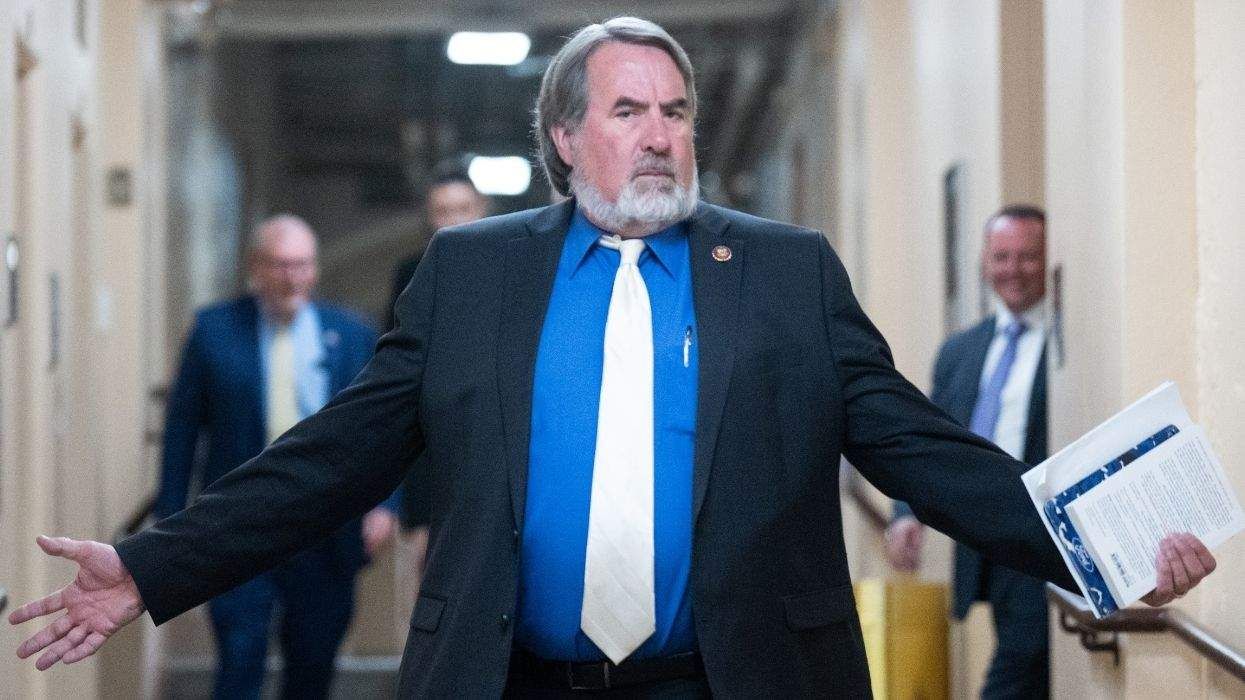

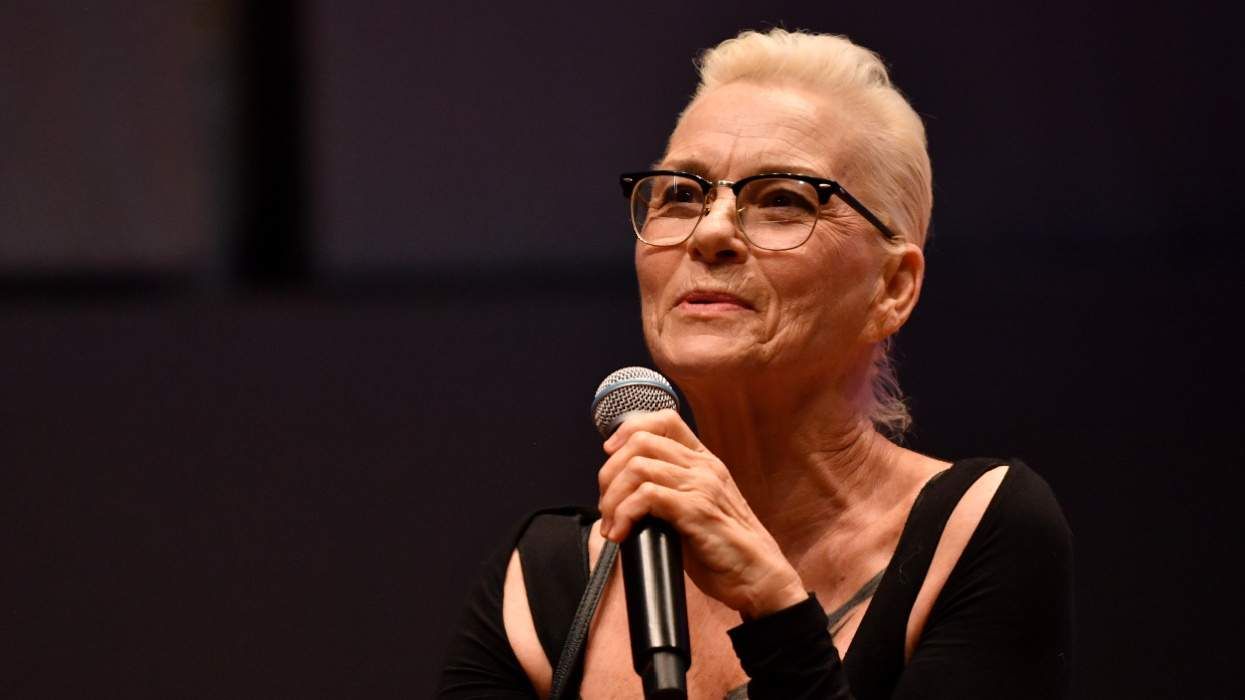
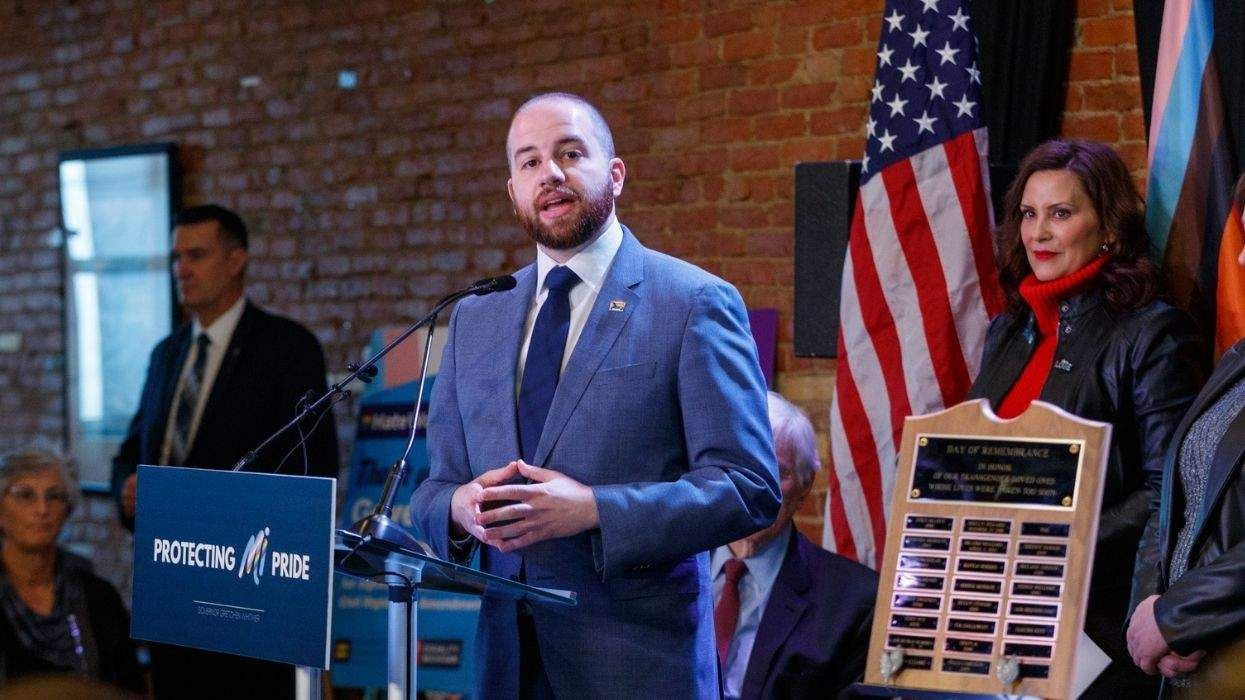





Charlie Kirk DID say stoning gay people was the 'perfect law' — and these other heinous quotes
These are some of his worst comments about LGBTQ+ people made by Charlie Kirk.